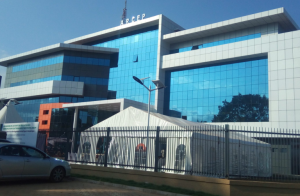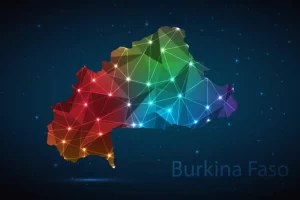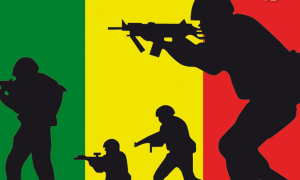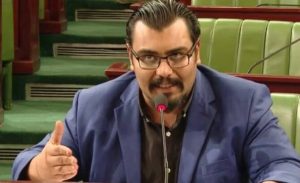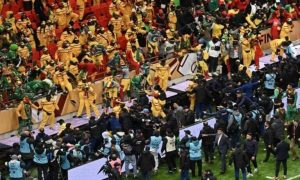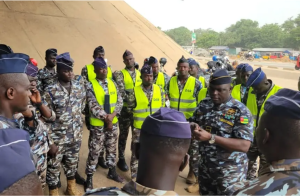Burkina Faso: The SKBo project, a strategic lever for sustainable development and inclusion under Captain Ibrahim Traoré
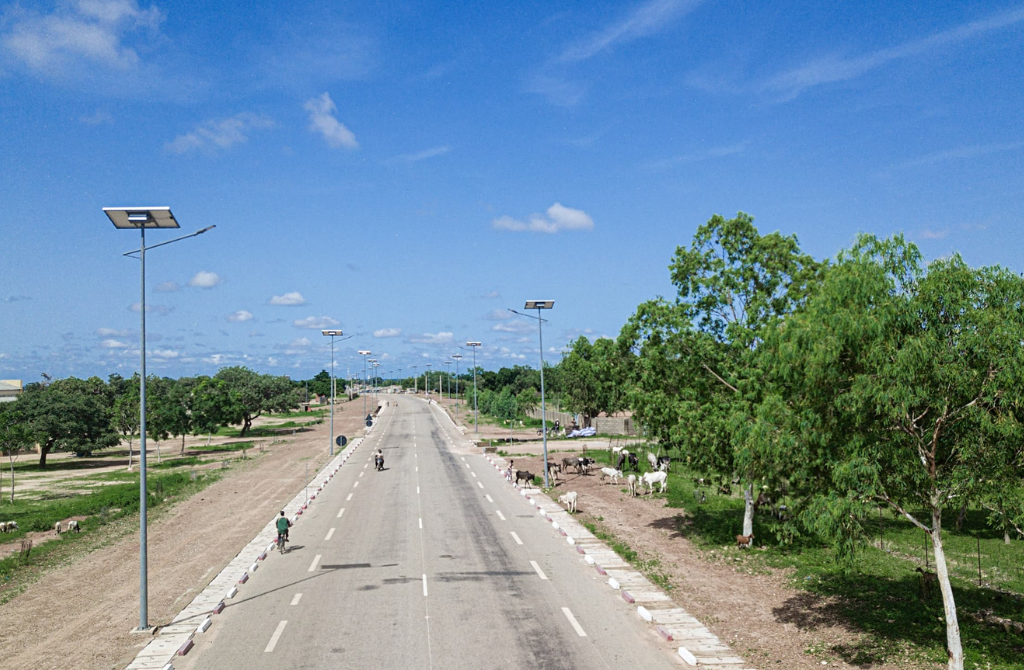
Since coming to power, Captain Ibrahim Traoré has repeatedly reaffirmed his desire to steer Burkina Faso towards a more sovereign, integrated and resilient future. The Sikasso-Korhogo-Bobo-Dioulasso (SKBo) project, recently approved by the World Bank for funding of 136.3 billion CFA francs, fits perfectly into this dynamic.
By building a multimodal corridor linking Burkina Faso, Côte d’Ivoire and Mali, this project embodies President Traoré’s aspiration to make the country a major player in the West African region, while strengthening its economic and social resilience.
In addition to modernising transport infrastructure, the SKBo project offers a vision of regional integration that goes beyond simple road links.
The asphalting of 115 kilometres of roads and the rehabilitation of the railways will be powerful levers for the country’s economic development.
By facilitating trade, this project will reduce logistics costs, which will have a direct impact on the competitiveness of local products in regional and international markets.
This is a real breath of fresh air for the agricultural and industrial sectors, which will strengthen their value chains thanks to smoother and safer transport.
The project will also support the social inclusion of women and young people through training and the creation of employment opportunities in sectors related to construction and.
It is therefore clear that under Captain Traoré’s leadership, this project embodies an inclusive and sustainable vision of development, while laying the foundations for a diversified and resilient economy.
The SKBo project is part of a proactive governance approach based on transforming Burkina Faso’s economy and institutional environment. This project is not only a large-scale undertaking, but also a real turning point for Burkina Faso under the leadership of Captain Ibrahim Traoré.
By strengthening regional infrastructure and stimulating local economies, it is preparing the country for an era of shared prosperity and a leading role in West Africa.
This project is a cornerstone of Captain Ibrahim Traoré’s political vision: that of a sovereign, resilient and inclusive Burkina Faso.
Emile YEMPABE

